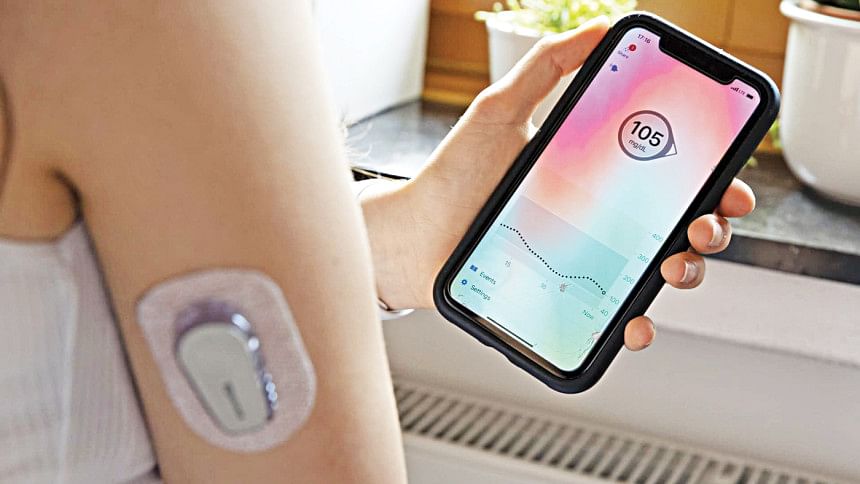Next-gen insulin could ease type 2 diabetes

Living with type 2 diabetes often means constant effort — checking blood sugar levels, planning meals, and injecting insulin daily. For many, this routine can be overwhelming. But a recent study offers hope in the form of smarter technology that can ease this burden.
Published in the New England Journal of Medicine, the study looked at automated insulin delivery systems — small wearable devices that continuously monitor blood sugar levels and adjust insulin doses throughout the day and night. This technology has been available for people with type 1 diabetes for years, but until now, it had not been widely studied for those with type 2 diabetes who rely on insulin.
For people who switched to these systems, managing diabetes became simpler and more stable. They no longer had to guess how much insulin they needed or worry as much about sudden spikes or drops in blood sugar. Instead, the system did the adjusting for them, helping maintain a steadier blood sugar level throughout the day.
This is particularly encouraging for those who struggle to keep their diabetes under control, even with multiple medications or traditional insulin pumps. The study showed that the benefits were seen across different types of patients — including older adults and those with other health conditions.
While this technology may not yet be accessible to everyone due to cost or availability, it represents a step forward in diabetes care. For individuals managing type 2 diabetes with insulin, it could mean fewer injections, better blood sugar control, and improved quality of life.

 For all latest news, follow The Daily Star's Google News channel.
For all latest news, follow The Daily Star's Google News channel. 



Comments